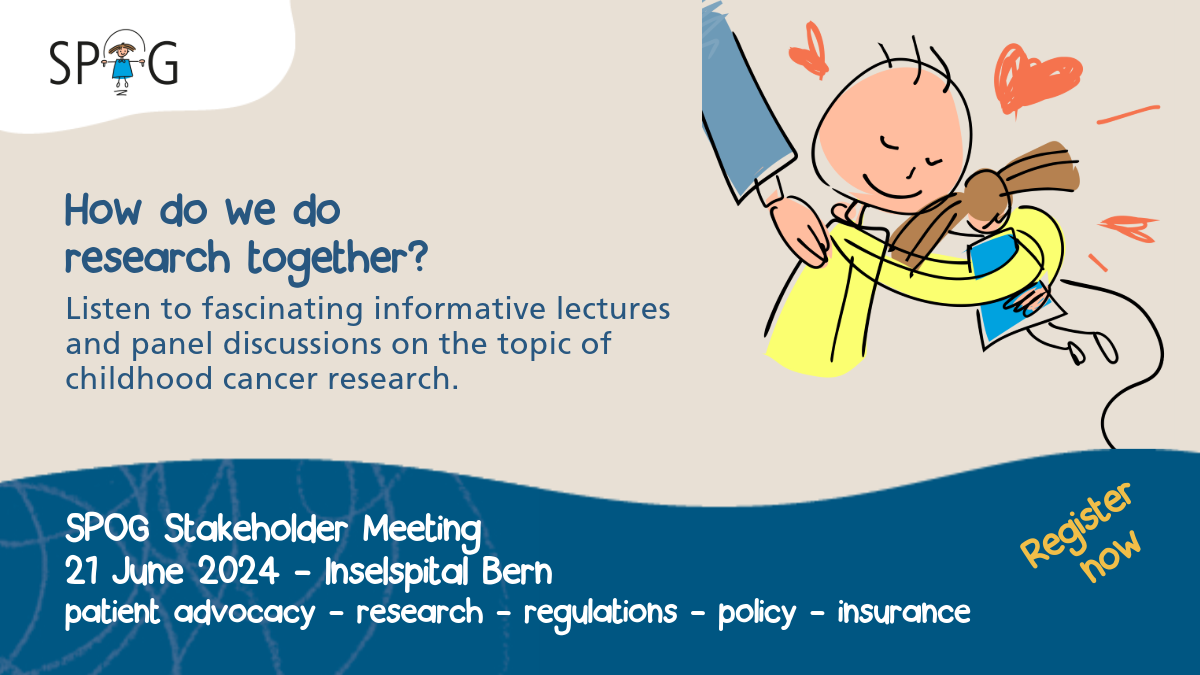In December 2023, the SPOG is set to launch a new research project in Switzerland: STEP 2.0, a registry collecting data on rare tumors and their disease courses. The goal is to gain crucial insights into the world of rare cancers in children and thereby open new paths for improved treatment methods.
Children suffering from rare types of cancer often face special challenges, as specific treatment options and studies are lacking. STEP 2.0 aims to address this deficit and achieve significant improvements in the treatment and care of these young patients. The core of the research project is the collection of data on these exact rare cancer types affecting children and adolescents. This includes uncommon diseases such as specific types of skin cancer, cancers in the ear, nose, and throat area, and tumors in the abdominal cavity. The approach is based on gathering and thoroughly analyzing patient data to develop a deeper understanding of the development and optimal treatment of these rare diseases. The University Hospital Tübingen in Germany is responsible for the international execution, while the SPOG takes on the responsibility in Switzerland.
How do affected children benefit from STEP 2.0?
The long-term goal is for STEP 2.0 to provide valuable insights that enable us to significantly improve treatment strategies for children with rare cancers. Such advancements can make a tremendous difference in the lives of the affected children and their families. Visit our study portfolio for detailed information about the STEP 2.0 project.
Your Support Makes the Difference
Every contribution, large or small, is crucial for the conduct of our studies. Your donation allows us to continue our research work and develop innovative treatment options for children and adolescents with cancer.
Support us now
We sincerely thank you for your interest and support in this important endeavor. Together, we can make a significant difference in the fight against rare childhood cancers.





